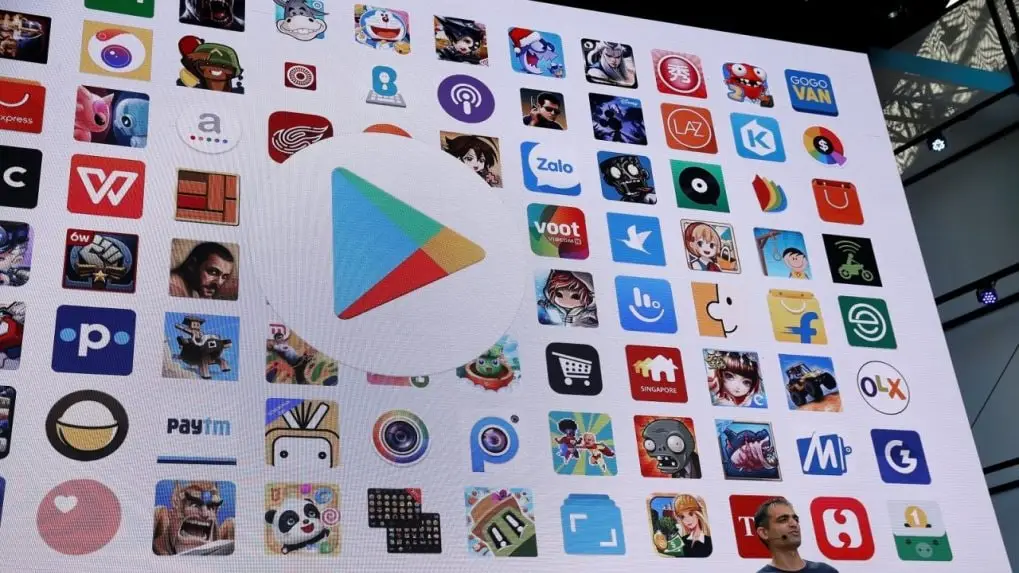Google paid Samsung $8 billion to be the default search engine, app store and voice assistant
Google paid Samsung $8 billion to be the default search engine, app store and voice assistant

Google paid Samsung $8 billion to be the default search engine, app store and voice assistant
